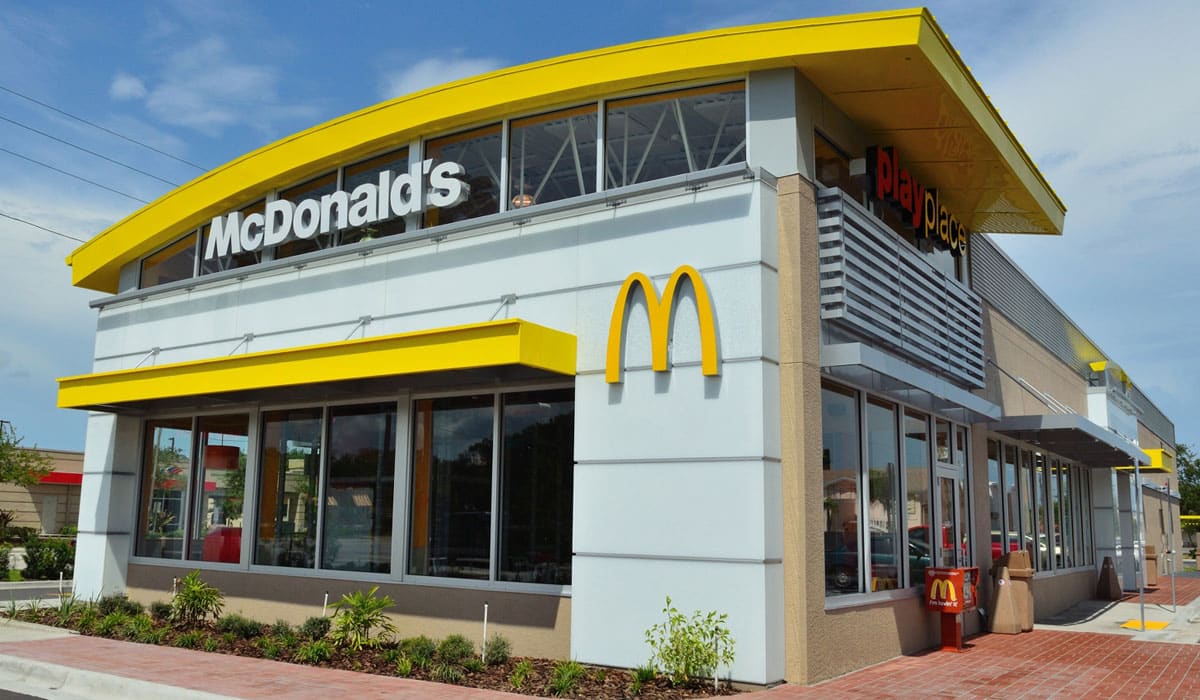California Gov. Gavin Newsom signed legislation Monday that could put fast-food wages in the hands of a 10-member statewide council.
The law is referred to as the Fast Act (Fast Food Accountability and Standards Recovery Act). The panel, comprised of franchisors, franchisees, employees, advocates of workers’ rights, and two government officials, would be appointed by the governor, speaker of the assembly, and the Senate Rules Committee. This group, which would meet at least every six months, would have the power to set wages as high as $22 per hour next year, and raise it as much as 3.5 percent each year afterward. Currently, California’s minimum wage is $15 and will go up to $15.50 in 2023. The new law covers fast-food chains that have 100 or more locations nationally.
The Fast Act requires the council to conduct a comprehensive review of health, safety, and employment standards at least once every three years. The law also give counties or cities with a population of 200,000 or more the go-ahead to establish a local council.
A petition signed by 10,000 fast-food restaurant employees is still needed to approve the creation of the council. The law, if enforced, would impact more than 550,000 workers across more than 30,000 locations.
“California is committed to ensuring that the men and women who have helped build our world-class economy are able to share in the state’s prosperity,” Newsom said in a statement. “Today’s action gives hardworking fast-food workers a stronger voice and seat at the table to set fair wages and critical health and safety standards across the industry. I’m proud to sign this legislation on Labor Day when we pay tribute to the workers who keep our state running as we build a stronger, more inclusive economy for all Californians.”
Restaurants and franchise organizations strongly oppose the law because of the governmental regulation and potential affect on costs. The UC Riverside School of Business found that minimum wages set between $22 and $43 would inflate labor costs by 60 percent and increase prices by 20 percent.
Joe Erlinger, president of McDonald’s USA, described the Fast Act as “lopsided, hypocritical, and ill-considered.” He pointed out how the law would massively affect a two-unit McDonald’s franchisee, but not touch an operator that owns a 20-store restaurant concept.
Sean Kennedy, the National Restaurant Association’s executive vice president for public affairs, said the legislation “creates walls and hurdles” and that higher wage mandates could raise costs by $3 billion for California fast-food restaurants.
“That cost will likely spread to struggling independent restaurants as well,” Kennedy said in a statement. “At a time when California restaurants are struggling with skyrocketing inflation in food prices and operating costs, this bill will push many owners closer than ever to shutting their doors in their communities. The National Restaurant Association will review every remedy available in the state on behalf of the 100,000 restaurants proud to welcome Californians to their tables.”
The move comes roughly six years after California became the first state to pass a $15 per hour minimum wage. Since then, the standard has been passed in 10 more states and Washington, D.C.
“Governor Newsom’s signature on AB 257 makes this Labor Day an historic one and shows what’s possible when working people unite and raise our voices,” Anneisha Williams, a Los Angeles fast-food worker and leader in the Fight for $15 and a Union, said in a statement. “We’ve gone on strike, marched in the streets and rallied across the state to make sure our demand for a voice on the job was heard even as powerful corporations pulled out all the stops to silence us. We look forward to having a say in creating safe and healthy workplaces across the fast-food industry and to AB 257 serving as a model for workers across the country who desperately need a seat at the table.”













